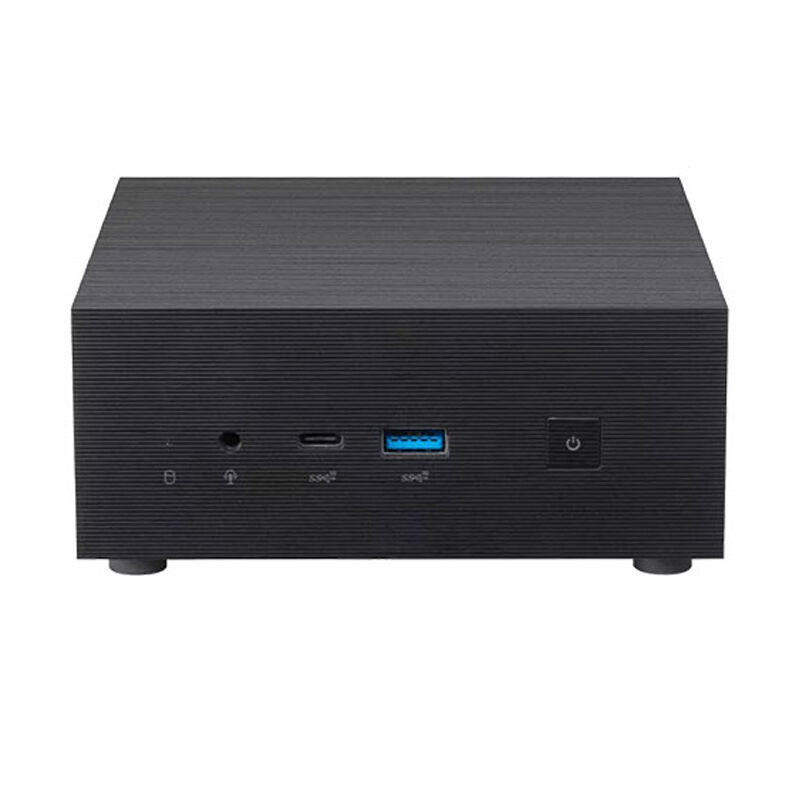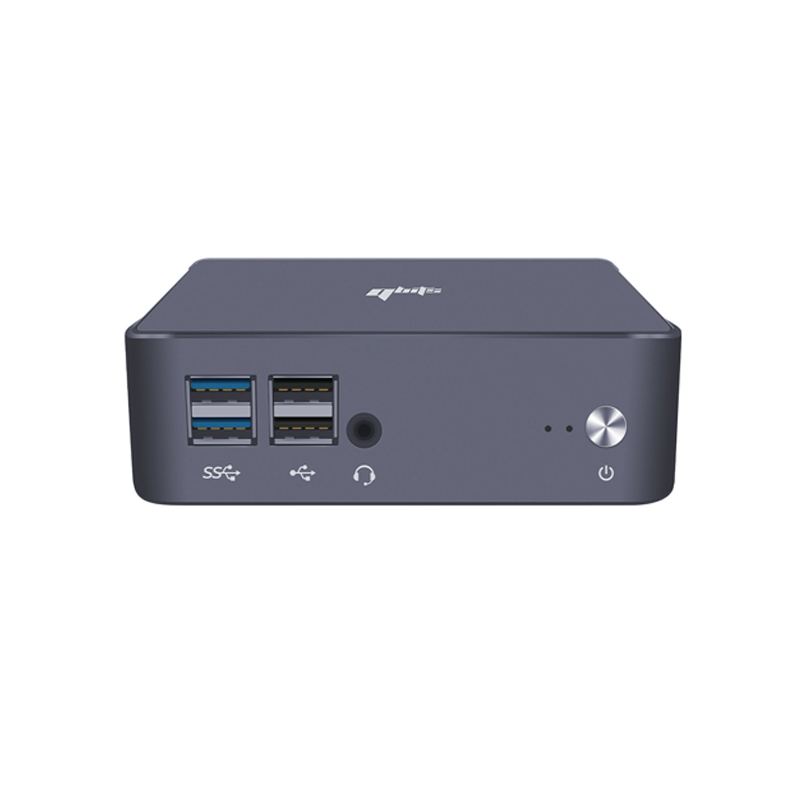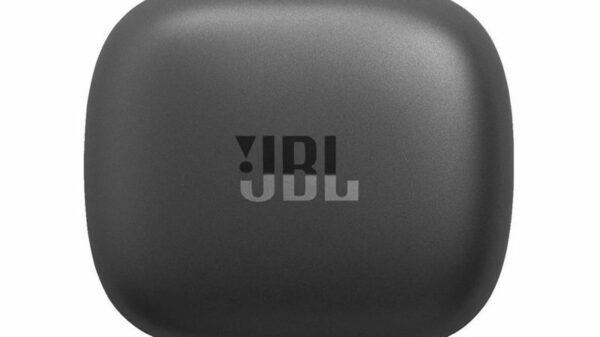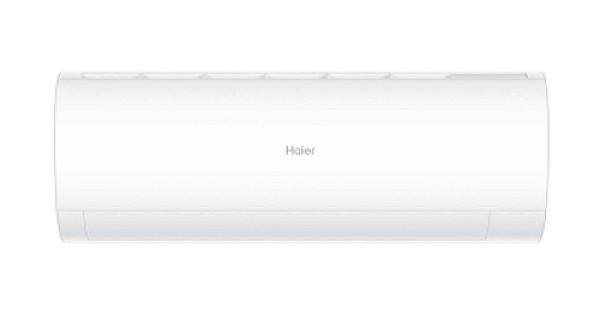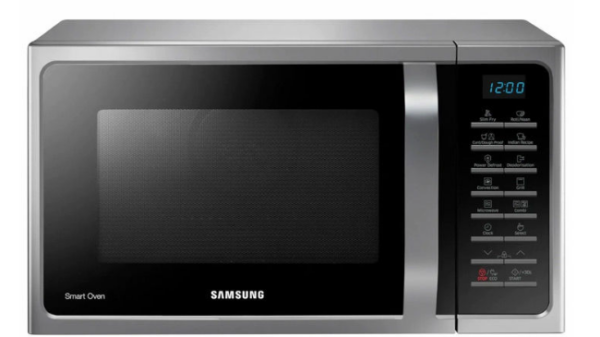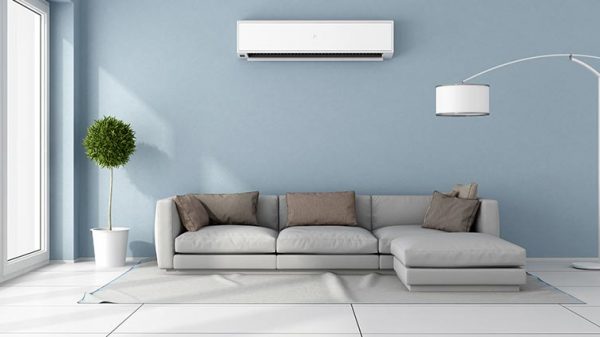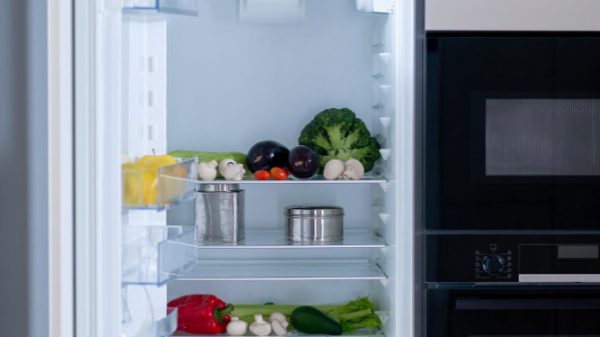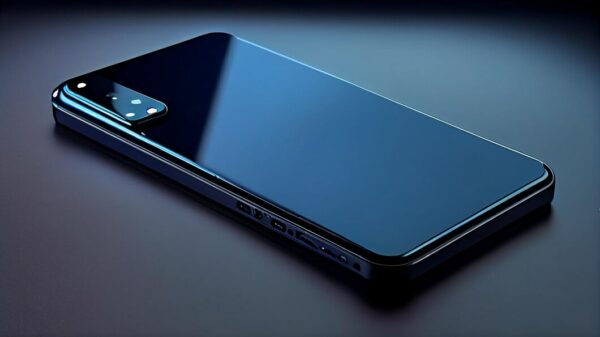Choosing the right mini PC may be a difficult undertaking, especially with so many alternatives on the market nowadays. They are small and multifunctional computers that may be used for everything from basic computing to gaming and multimedia entertainment. With so many various models and features to choose from, it may be hard to navigate the sea of alternatives.
However, by taking certain aspects into account, you can narrow down your options and select the ideal mini PC to meet your requirements. In this guide, you will go over the most essential factors to consider while buying the best mini PC for you.
-
Purpose
The first factor to consider when selecting a mini PC is its purpose. What do you plan on using it for? Are you looking for a compact computer for basic web browsing and office tasks? Or do you need a powerful machine for gaming and video editing? Knowing your purpose will help determine the necessary specifications and features to look for.
-
Processor
The processor, or the “brain” of the computer, is a crucial component to consider when choosing a mini PC. It determines the speed and performance of the computer, and the type of processor will depend on your intended use. For basic tasks, a dual-core processor will suffice, but for more demanding tasks, such as gaming or video editing, a quad-core or higher processor would be recommended.
-
RAM
Random Access Memory, or RAM, is another important factor to consider when choosing a mini PC. It is responsible for the computer’s multitasking capabilities, and the more RAM a computer has, the better it can handle multiple tasks at once. For basic tasks, 4GB of RAM is usually sufficient, but for more demanding uses, such as gaming or video editing, 8GB or more would be ideal.
-
Storage
Storage is where all your files, documents, and programs are stored on the computer. The amount of storage you need will depend on your intended use. For basic tasks, 128GB or 256GB of storage would be enough, but for gaming and multimedia, a larger capacity of 512GB or 1TB would be recommended. Additionally, consider the type of storage – traditional hard drives may offer more storage space, but solid-state drives (SSDs) provide faster performance.
-
Graphics
If you plan on gaming or using graphics-intensive applications on your mini PC, then the graphics card is an essential factor to consider. A dedicated graphics card will provide better performance and graphics capabilities compared to an integrated graphics card. However, if you only need the mini PC for basic tasks, an integrated graphics card may be sufficient and also cost-effective.
-
Connectivity
The connectivity options of a mini PC are also worth considering. Make sure to check for the available ports such as USB, HDMI, and audio ports. In addition, some mini PCs have built-in Wi-Fi and Bluetooth, while others may require external adapters. Consider your needs and ensure that it has the necessary connectivity options to support them.
Last but not least, your budget is an important factor to consider when choosing a mini PC. Mini PCs can range from affordable to high-end and expensive, so it’s essential to determine how much you are willing to spend. Keep in mind that the more advanced the specifications and features, the higher the cost will be.
-
Operating system and security
Then, it is important to consider the operating system and security features of a mini PC. Most mini PCs come with pre-installed operating systems such as Windows, Linux, or Chrome OS. Make sure to choose an operating system that is compatible with your needs and preferences. Moreover, consider the built-in security features, such as biometric login or encryption, to protect your data and privacy.
-
Expansion
Expansion options should also be taken into account when choosing a mini PC. Some mini PCs may have limited expansion capabilities, while others may allow for additional RAM, storage, and even graphics card upgrades. Think about your future needs and choose a mini PC that can accommodate potential upgrades.
-
Gaming
For gamers, there are some additional factors to consider when choosing a mini PC. Apart from a powerful processor and dedicated graphics card, make sure to also check for the cooling system to prevent overheating during gaming sessions. Furthermore, consider the size and weight of the mini PC – a compact and lightweight design is ideal for a portable gaming setup.
-
Multimedia
If you plan on using a mini PC for multimedia purposes, such as streaming or video editing, there are some specific features to consider. Look for a mini PC with a high-resolution display and a strong processing power to handle video and graphics smoothly. Also, check for sound quality and consider external speaker options, as many mini PCs have limited built-in audio capabilities.
Conclusion
Choosing the right mini PC requires careful consideration of your specific needs and the factors discussed above. Determine your purpose, assess the necessary specifications and features, and consider your budget to find the best PC for you. With the right mini PC, you can enjoy a compact and powerful computer that meets all your computing needs. By keeping these factors in mind, you can find the perfect one to meet your computing needs and preferences. You can check Pickaboo for the right PC or Laptop for you.

